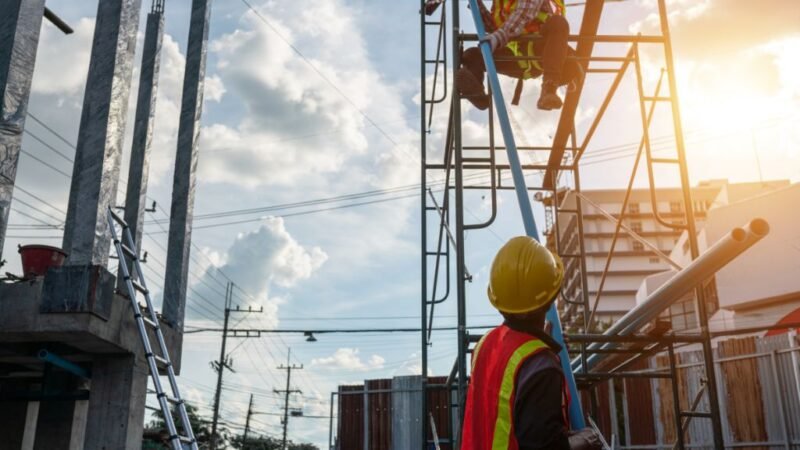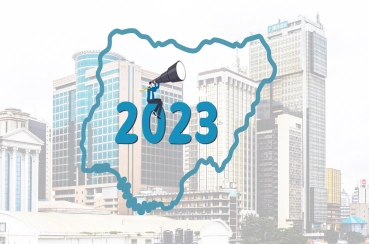
Infrastructure Project Rating is a growing field in Nigeria, although it is still relatively nascent. This is primarily due to the fact that most infrastructure projects have traditionally been financed and executed by Central Authorities through budget allocations.
However, there is now a renewed focus on increasing private sector participation in infrastructure project financing, which makes the involvement of Credit Rating Agencies more relevant and desirable.
Infrastructure Project Rating encompasses various types of infrastructure and project finance vehicles and instruments. These instruments are typically issued by Special Purpose Vehicles (SPVs) or dedicated Corporates to fund the construction, acquisition, or operation of specific tangible assets.
Unlike asset-based financial transactions, where credit losses primarily depend on the value of underlying assets in a relatively liquid market like real estate investments, Infrastructure Project Finance Credit Ratings provide a forward-looking assessment of relative credit risk. They reflect the expected loss associated with contractual payment obligations under a project finance credit exposure, considering the time value of money at the promised investor rate until legal maturity.
The expected loss evaluation takes into account the likelihood of a credit event that could impair payments to the investor and the severity of loss expected in such an event.
Credit Rating Agencies play a crucial role in assessing the likelihood of default and assigning ratings accordingly. If an instrument has a very low expected loss and a high probability of default, the rating will be constrained accordingly.








Leave A Comment